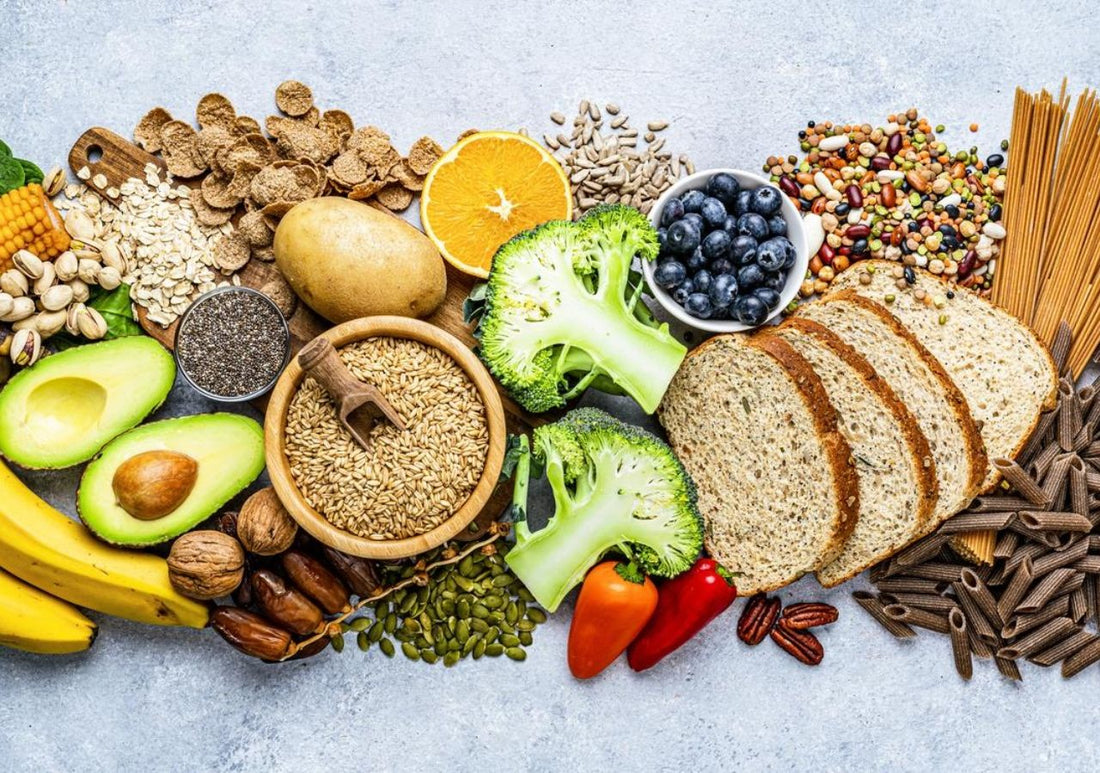
Nutrition: Importance in each period of life
Share
Proper nutrition is essential for health and well-being at all stages of life. From early childhood to old age, nutritional needs change, reflecting the different challenges and processes of growth, development, and maintenance of the body. This series of articles will explore the importance of nutrition at each stage of life, providing specific guidance to ensure a balanced diet that is appropriate for the needs of each age group.
1. Early Childhood (0-3 years)
Description : Period of rapid physical growth and neurological development. Important Nutrition :
- Breastfeeding : Ideal source of nutrients for newborns.
- Introduction of Solids : From 6 months onwards, incorporate foods rich in iron, vitamins and minerals.
2. Childhood (4-8 years)
Description : Constant growth, motor development and beginning of socialization. Important Nutrition :
- Balanced Diet : Variety of fruits, vegetables, proteins, grains and dairy products.
- Nutritional Education : Teaching healthy eating habits from an early age.
3. Pre-adolescence (9-12 years)
Description : Accelerated growth, hormonal development and onset of puberty. Important Nutrition :
- Increased Calories : Increased need for calories and nutrients to support growth.
- Focus on Calcium and Vitamin D : For bone development.
4. Adolescence (13-18 years)
Description : Puberty, growth spurts and emotional development. Important Nutrition :
- High Energy Requirements : Due to rapid growth.
- Proteins and Iron : Essential for muscle development and preventing anemia.
- Macronutrient Balance : Carbohydrates, proteins and healthy fats.
5. Young Adult (19-30 years old)
Description : Stabilization of growth, beginning of professional life and greater independence. Important Nutrition :
- Weight Maintenance : Balanced diet to avoid excessive weight gain.
- Functional Foods : To support an active and healthy lifestyle.
6. Middle Adult (31-50 years)
Description : Health maintenance, onset of mild physiological declines. Important Nutrition :
- Calorie Control : Need to reduce calorie intake as metabolism slows down.
- Heart Health : Diet high in fiber, low in saturated and trans fats.
7. Mature Adult (51-70 years)
Description : More evident declines in physical health and potential onset of chronic conditions. Important Nutrition :
- Bone Health : Increase your intake of calcium and vitamin D.
- Digestion : Foods rich in fiber to maintain digestive health.
8. Elderly (71+ years)
Description : Increased risk of chronic diseases, frailty and malnutrition. Important Nutrition :
- Nutritional Density : Foods rich in nutrients and easy to digest.
- Hydration : Importance of staying hydrated.
- Proteins : For maintaining muscle mass.
Suggested Articles
- The Importance of Nutrition in Early Childhood
- Child Nutrition: Ensuring Healthy Growth
- Nutrition in Pre-Adolescence: Support for Growth
- The Importance of Nutrition in Adolescence
- Nutrition for Young Adults: Keeping the Balance
- Diet and Health in Middle Adulthood
- Nutritional Care in Mature Age
- Nutrition in Aging: Maintaining Health in Old Age
Each of these articles can explore the specific nutritional needs of each age group, offering practical, evidence-based guidance to promote health and well-being at all stages of life.


